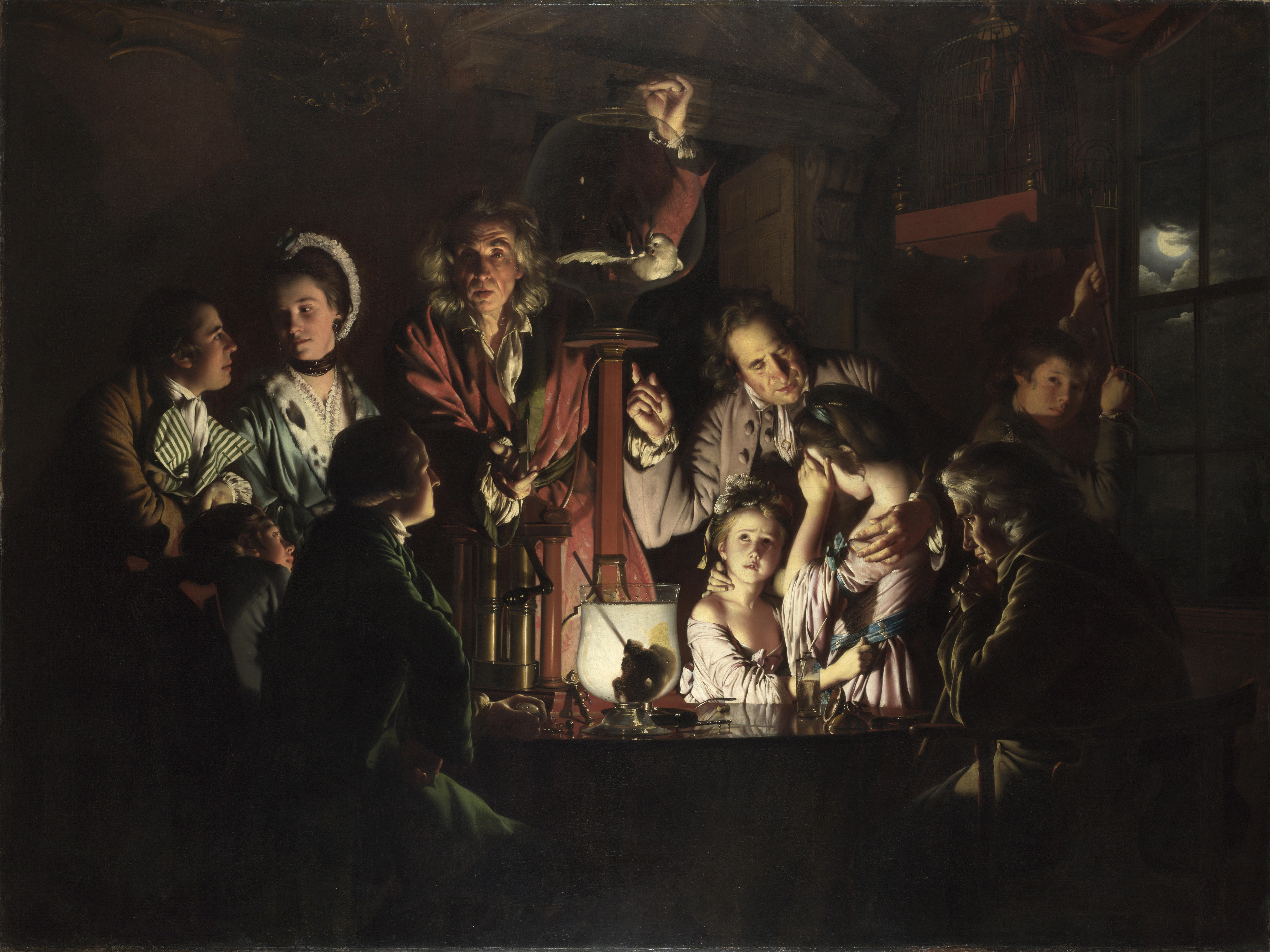Introduction To The Enlightenment

This shift in thought would lead to an explosion of scientific advancement in Europe that is still seen as among the most important events in world history. As scientists started to question the rigid beliefs of their contemporary religious leaders, they would either discover, or add to advancements that would change the world. Many people see this as an atheist movement, due to the departure from official church doctrine, but it is important to remember two vital concepts:
- Most of these people were ardent Christians
- This was a version of Christianity that would be foreign to most current people.
The Catholic Church, for instance, spent centuries stifling mathematical innovation based on the belief that Christians shouldn’t use the number zero, because it represents nothing. The thought was that since Christians were supposed to stand for their beliefs, they shouldn’t use the number zero. This small philosophical belief would handcuff European mathematicians in comparison to their counterparts in other areas of the world. It is important to remember, though, that this is not something that should be blamed on the church itself, but on the over-reliance people put on their own religious beliefs. People all too often relied solely on the church to help them past problems during this time, instead of trying to solve problems for themselves.
While the printing press was a major driving force behind this movement, it is important to note that very rarely in history is an event tied to one specific cause. Another important step was taken towards this goal when Europeans borrowed the V-shaped plow from their Eastern neighbors. This may seem funny to us now, especially since the Europeans were the last group to use this, but the amount of time that this “new” technology would save would directly influence the start of the enlightenment. Prior to this invention, Europeans spent most of their day working in the field in order to make ends meet, but this development would give them free time that they used in a variety of ways, not the least of which would be philosophical and political development.
As stated above, this new philosophical outlook would drastically change the way that people viewed the world around them, but this was by no means a unified shift in philosophy. Many competing sects of philosophy would arise from the era and motivate intense debate, which in turn led to more development. Much of this ‘new age’ philosophy was such a clear jump in logic from previous regimes that it led to some major conflicts as it was implemented (see Galileo). The most distinctly modern of these theories can be condensed into 3 categories:
- Rationalism: the idea that people could understand and improve the world using reason.
- Individualism: each individual had rights (often from God) that they were born with.
- Relativism: ideas from other people and cultures were all acceptable and not bad.
These new thought patterns were problematic for people of the era in many ways, but the most important of which revolved around the departure from societal norms it would lead to. These thoughts not only created a separation between man’s intellect and God, but also challenged the traditional political powers of Europe. Many governmental leaders were in fear of these concepts because of the idea of what these thoughts of freedom may lead to. History would show that they had a reason to fear these new ideas, because they would lead directly to worldwide revolutions that would completely upset this balance and create the modern world as we know it.
History suggests that with any change there will be both positive and negative consequences that cannot be planned for, and this change was no different. The thinkers of this era dreamt of a society that was free and equal, but that equality was often not envisioned for their young children. As the youth embraced these movements, they too would think critically about their rights within society and their own houses. The youth would also question the authority of their parents during this time period, which led to the concept of premarital relations becoming more popular in European society. Not only was this not an effect that the leaders planned for, but it was one that they desperately wanted to stop. It was, however, too late to stop this concept once it had taken hold within the youth of the era.
